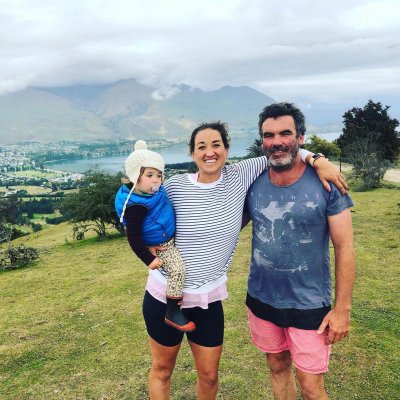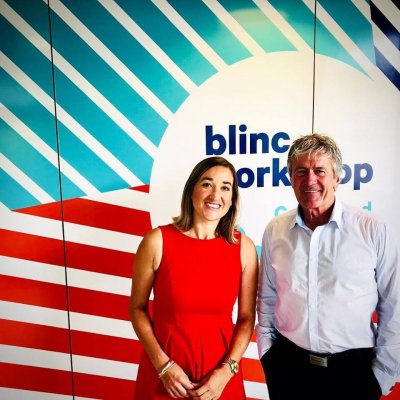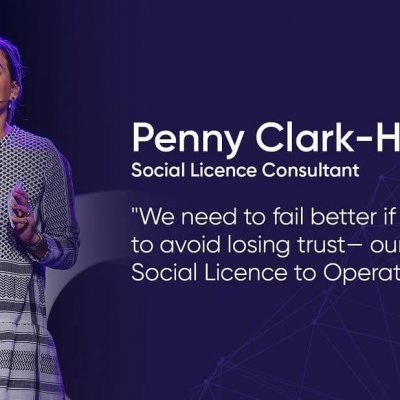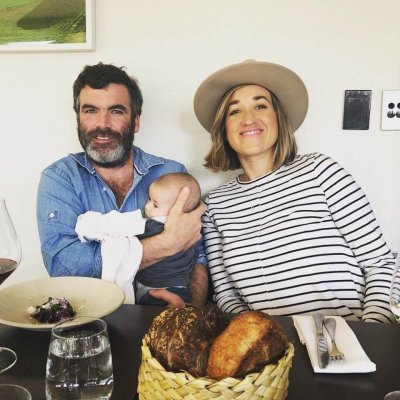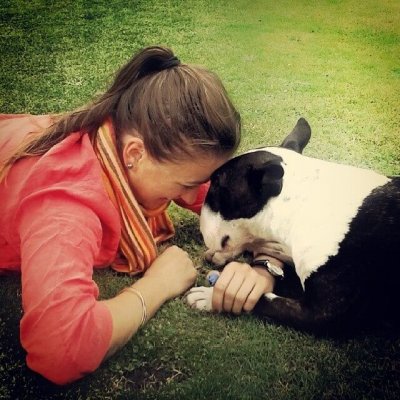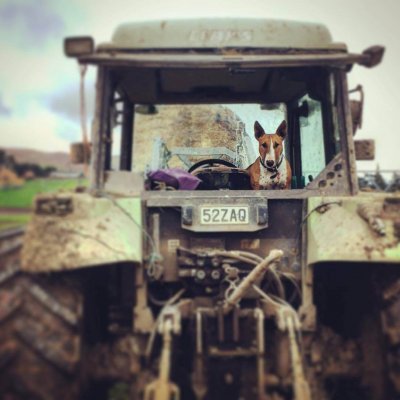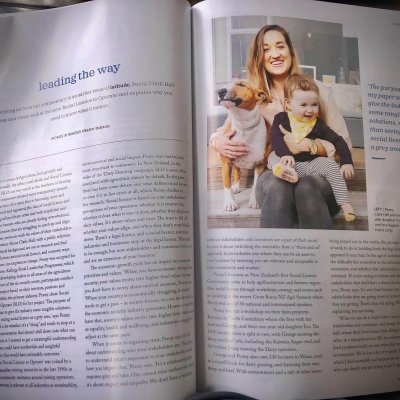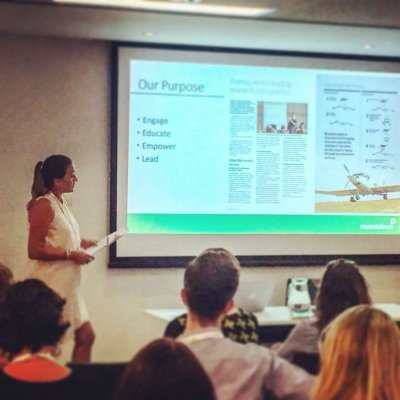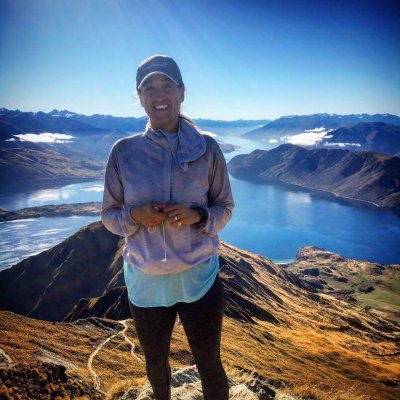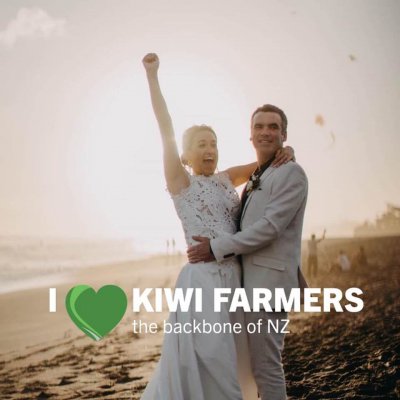A self-professed farmer’s daughter as well as a farmer’s wife, Penny’s connection to the land now lies in Culverden in New Zealand’s North Canterbury, where she’s currently based with her husband George and toddler, Eva. Penny has drawn on her experience in broadcasting, journalism and public relations to start her own business Social Licence Consulting, which aims to empower the rural sector to humanise how they operate and engage with their stakeholders. With public influence swinging opinions in today’s age more than ever, she believes that having a healthy social license to operate is vital for any industry reliant on natural resources, public approval and acceptance. Describing herself as “all heart”, Penny is an advocate for building things from the ground up and leaving a legacy for generations to come.
When asked what concerned Penny about the health and safety of those in rural industries and communities, Penny spoke about how we all have a propensity to shut down and retreat when things aren’t going well. She believes that simple actions such as getting enough sleep, paired with adequate emotional support and resources are critical in making the job easier and getting things done safely. Penny also drives home the importance of double-checking that phones are suitably charged in case an emergency arises.
How would you describe yourself in three words?
I’m all heart.
Tell me something interesting about yourself...
I’m a farmer’s daughter and a farmer’s wife – saying that annoys me as it sounds like they own me but it’s more about giving perspective on my connection to the land and the industry. I’ve worked in broadcasting, video journalism and public relations and recently started my own business Social Licence Consulting to help the rural sector improve its social licence to operate. I’m a strong believer that anything worth doing should be done from the ground up – which in this space, as custodians of the land, we are here for far longer than elected leaders and regulators.
I have a daughter, Eva (16 months), who is my everything and I am in constant fear of losing her. Having something you love to the point you are in constant fear of losing it is an odd predicament. My core values are love, empathy and authenticity. I use these values on myself first e.g. fill your own tank before you can help others fill theirs, which empowers me to help others and give authentically.
What's one achievement you are most proud of?
Having my daughter and starting my own business. George falling in love with me.
What makes you truly happy?
Feeling loved, family time, gardening and music.
What do you love the most about being a rural woman?
The perspective and freedom it gives you. Being the master of your own destiny in the tangible, hands on sense, but also in a much more long term way – the bigger picture is generational for farming families, whereas urban families don’t have the same legacy to leave their children in the way of land and a business.
Tell me about a time when you felt worried about your own or someone else’s health, safety or wellbeing on the farm, boat or in some other aspect of rural life.
Countless times, my dad and husband both shut down when things aren’t good. I tend to get overwhelmed and lash out or retreat too.
What practical things did or could you, your partner and / or others do to prevent someone from getting hurt?
Keeping the phone charged in case something goes wrong so we can reach each other. Getting enough sleep and being supported emotionally and with resources so everyone can focus on the job.
"Look for ways to relate your solution with something they perceive as relevant, and motivate them for change via association with loved ones."
Penny Johns, Culverden, Canterbury NZ Tweet this
Is there a time, place or scenario when your partner / workers are more willing to make changes to the way work is done?
Meetings would be a good start.
If you could give any advice to another rural woman about work health and safety in rural industries, about influencing change in business - or just in general - what would it be?
Start as you mean to go on – keep repeating it to yourself ‘til it eventually gets through. Look for ways to connect your solution with something they perceive as relevant, and motivate them via association with loved ones e.g. it’s not just about them, it’s about who they are leaving behind, paying high premiums for health and life insurance that could be minimised by good health and safety practices etc.
